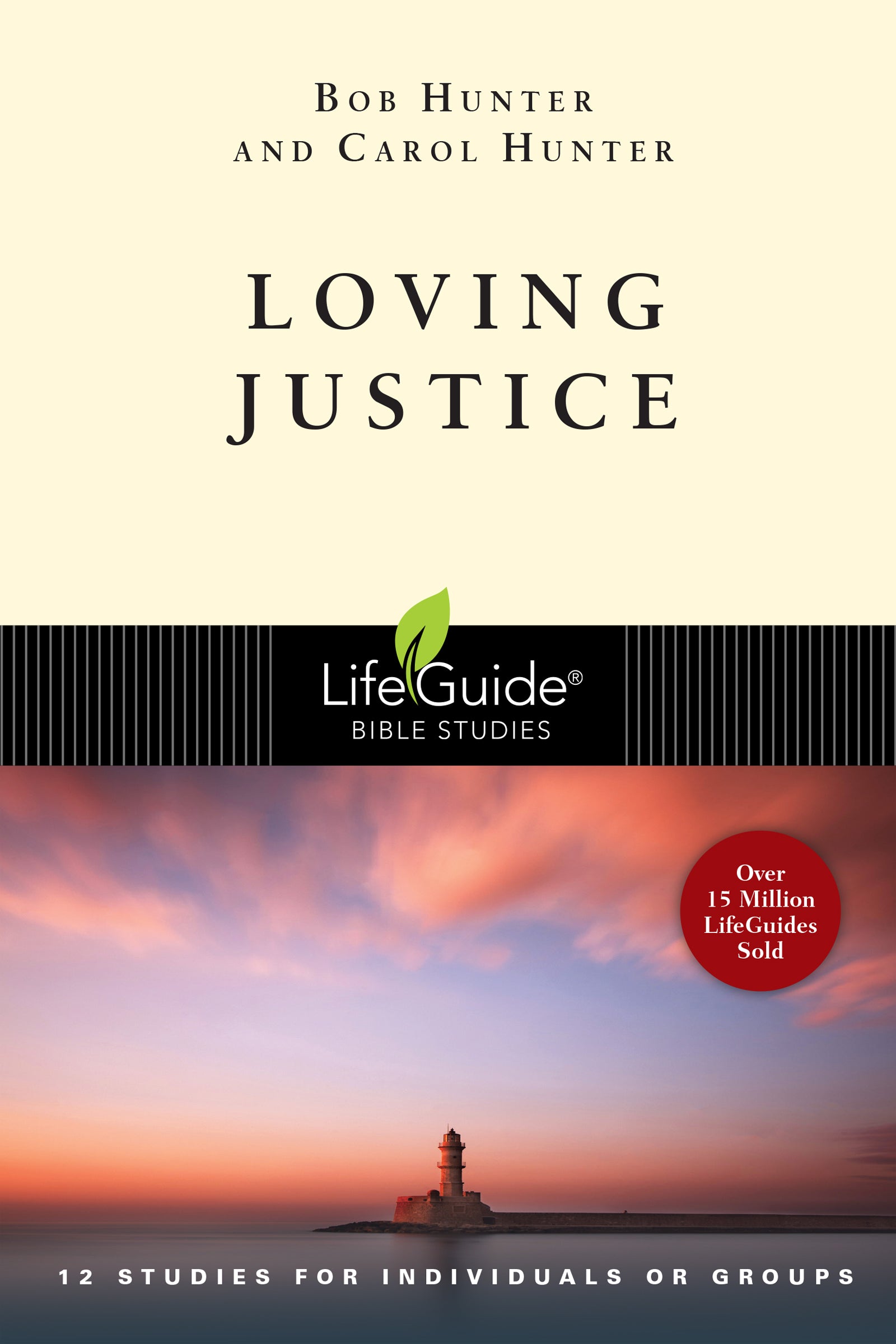Description
These 12 studies challenge you to love justice as God does by working for justice in your everyday life.
Introduction
Getting the Most Out of Loving Justice
This section introduces the topic, explains the structure followed in each study and offers tips for those approaching the study on their own as well as those participating in a group.
Part 1: God's Societal Values
Session One
Does God Care About Injustice?
Habakkuk was not prepared when God announced that the Babylonians would be used to judge his nation. How would you respond to this kind of pronouncement today?
Habakkuk 1–2; 3:16–19
Session Two
Acceptable Worship
When have you felt an issue in your life was holding you back from worship? In this passage, God challenges the people to see justice as the essence of true worship.
Isaiah 58
Session Three
No Partiality
Think of some things you have been taught from childhood to avoid. What feelings and fears would you have if one day God told you these things were no longer to be avoided?
Acts 10
Session Four
Caring for Our Enemies
If God were to call you to bring good news to people, what person or group of people do you most fervently hope you will not be asked to minister to? Why?
Jonah 1–4
Session Five
A Kingdom of Service
What makes a ruler powerful? What makes him or her legitimate? In this study you will see the difference between the kingships of Herod and Jesus.
Mark 6:17–44
Session Six
The Lesser Become Greater
Imagine what it would be like to have heard Jesus predict his death. What feelings might you have had?
Mark 14:1–11
Part 2: Bringing Justice to Our World
Session Seven
Prejudice in the Early Church
What are the ways in which racism affects you? In this passage, you see how the early church dealt with prejudice and the effects this had on its future.
Acts 6
Session Eight
Challenging Nationalism
What are some ways in which you see God in terms of your own culture or country? How does Stephen illustrate that God's work has never been confined to one country or religious center?
Acts 7
Session Nine
Cultural Identity
Moses faced issues of identity and self-esteem because of his background. In what ways do you feel uncomfortable in your own culture or in other cultures?
Exodus 3–4
Session Ten
Choosing the Better Role
Martha responded to Jesus' visit in the traditional way expected of a woman. Mary responded in a way that was more conducive to her spiritual growth. Does your church encourage women members to be "Martha" or "Mary"?
Luke 10:38–42
Session Eleven
The Temptation of Materialism
Look at the list of items mentioned in this prophecy. Why are the bodies and souls of people (slaves) mentioned in the list of commodities? How are people used like commodities in your society?
Revelation 18
Session Twelve
Putting People Before Products
In response to the interrogation of the Pharisees, Jesus says any of them would rescue an animal from a pit on the Sabbath. How does this statement expose their values? How do your religious practices put property before people?
Matthew 12:1–21
Leader's Notes
This section includes information on preparing the study, leading the study, components of small groups, and background notes and suggestions for each study and selected discussion questions. Leader's Notes: included with master PDF for download.
Total number of pages – 74 pages
Bob Hunter is a specialist in multiculturalism and justice for InterVarsity Christian Fellowship and an adjunct associate professor of peace and global studies at Earlham College in Richmond, Indiana. He also chairs the Human Rights Commission for the city of Richmond. Carol Hunter is professor of history at Earlham College in Richmond, Indiana.

